Rights might be universal but their enforcement must be local
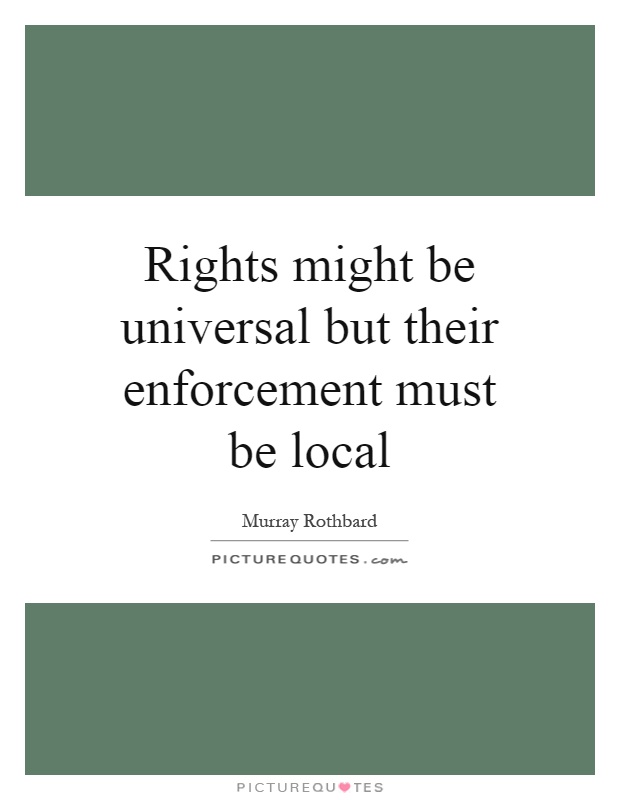
Rights might be universal but their enforcement must be local
Murray Rothbard, a prominent figure in the libertarian movement, believed in the concept of natural rights and the importance of individual liberty. He argued that rights are universal in the sense that they apply to all individuals regardless of their nationality or background. However, Rothbard also emphasized the need for the enforcement of these rights to be carried out at the local level.Rothbard's belief in the universality of rights stems from his understanding of human nature and the inherent dignity of every individual. He believed that all people possess certain natural rights, such as the right to life, liberty, and property, simply by virtue of being human. These rights are not granted by governments or other institutions, but are inherent to each person.
Despite the universal nature of rights, Rothbard recognized that the enforcement of these rights must be carried out at the local level. He argued that centralized governments are inherently prone to abuse of power and violations of individual rights. By decentralizing the enforcement of rights to local communities and individuals, Rothbard believed that the potential for abuse and tyranny could be minimized.
Rothbard's emphasis on local enforcement of rights is rooted in his belief in the importance of individual autonomy and self-governance. He believed that individuals are best able to protect their own rights and interests when they are empowered to do so at the local level. By decentralizing power and authority, Rothbard believed that individuals could more effectively hold their leaders accountable and prevent the abuse of power.



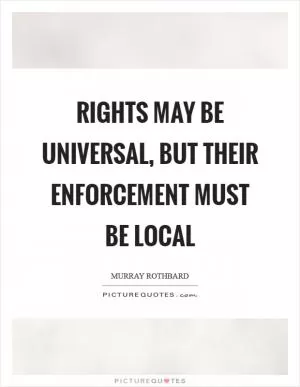

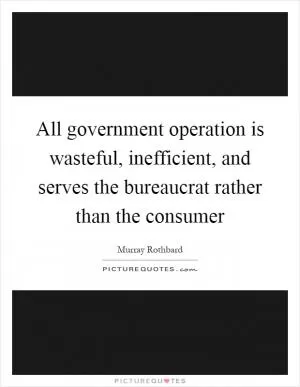
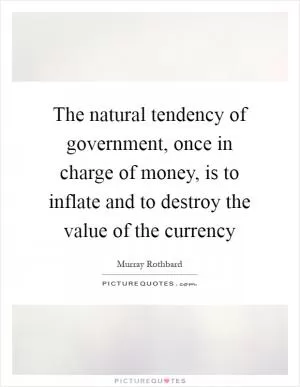
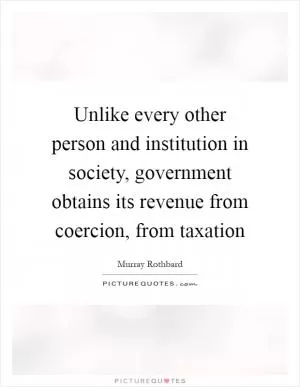

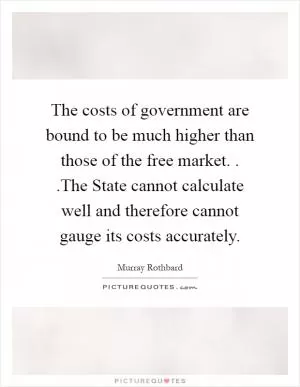
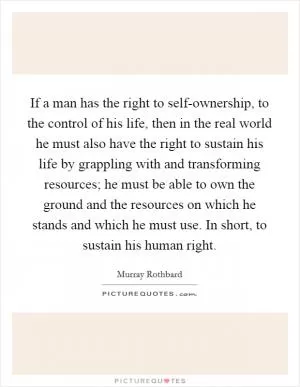
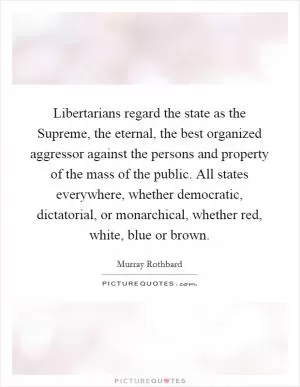
 Friendship Quotes
Friendship Quotes Love Quotes
Love Quotes Life Quotes
Life Quotes Funny Quotes
Funny Quotes Motivational Quotes
Motivational Quotes Inspirational Quotes
Inspirational Quotes